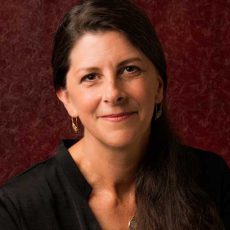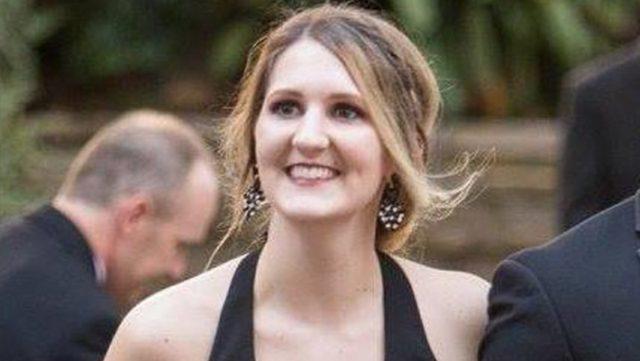By Liliana Green/ reporter

A teacher’s encouragement turned this year’s NE Campus Living Literature guest author to a writing career.
Award-winning memoirist Jennifer Lauck, author of The New York Times bestseller Blackbird, said April 5 that her teacher was impressed with a story she had written for a class assignment.
“Compassion is being with what is. Compassion is presence,” she had written. “When she was ready to sit, and be with herself … being fully present with the experience no matter how ugly.”
Lauck said she would soon realize that the best way for her to write was to trust herself and write her heart.
“What you made of what happened to you is the heart of memoir,” Lauck said. “Memoirs matter because we matter.”
In her memoir, Lauck tells her story of being an adopted child who, by the age of 10, had lost both parents, her home and her innocence. She also recounts her abusive relationships. She grew up without means and worked in a grocery store to help pay her community college tuition.
Lauck would spend much of her time reading, knowing if others saw her buried in a book, she would not be bothered. She purposefully hid herself from the world.
When an audience member asked if she thought her children suffered because of her writing, Lauck said her son, 20, and daughter, 15, haven’t read any of her books. She joked about her fears of paying for their therapy.
The hardest part was living “so authentic and raw,” she said. As a child, her son witnessed her bout with alcohol. Because of this tainted life, her children understand that everyone has flaws. In turn, Lauck said, this imperfection has created an extraordinary bond between her and her children.
“Every person is a living story every minute,” she said. “Story is what separates us from the dogs and trees.”
The public sees social media as “ordinary communication” whereas she sees it as an awakening. Lauck said ordinary people give themselves permission to talk about their lives openly, and people care.
“Ordinary stories matter,” she said. “I never thought in a million years that would happen to me.”
































